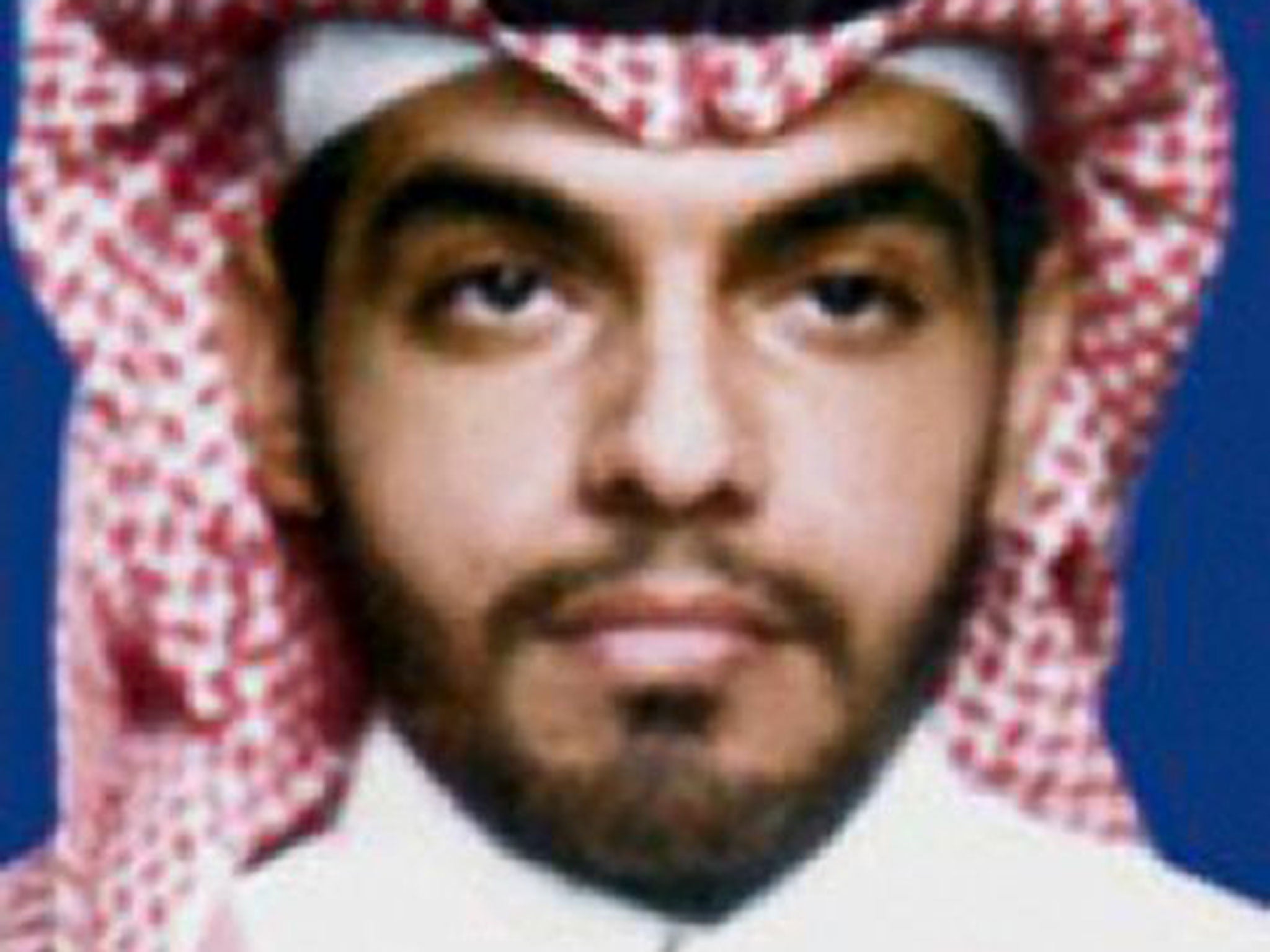Fears of retaliatory attacks in Lebanon after al-Qa'ida chief dies in army hospital
Majid al-Majid had suffered from kidney problems and required regular dialysis

Your support helps us to tell the story
From reproductive rights to climate change to Big Tech, The Independent is on the ground when the story is developing. Whether it's investigating the financials of Elon Musk's pro-Trump PAC or producing our latest documentary, 'The A Word', which shines a light on the American women fighting for reproductive rights, we know how important it is to parse out the facts from the messaging.
At such a critical moment in US history, we need reporters on the ground. Your donation allows us to keep sending journalists to speak to both sides of the story.
The Independent is trusted by Americans across the entire political spectrum. And unlike many other quality news outlets, we choose not to lock Americans out of our reporting and analysis with paywalls. We believe quality journalism should be available to everyone, paid for by those who can afford it.
Your support makes all the difference.Retaliatory attacks are feared in Lebanon after the country's al-Qa'ida commander died in custody in a military hospital yesterday, shortly after being arrested.
Majid al-Majid, who headed the group that claimed responsibility for last November's attack on the Iranian embassy in Beirut that killed 25 people and injured many more, had suffered from kidney problems and required regular dialysis.
His death was announced by the Lebanese military in a statement that said he died of a failure of the kidneys while receiving treatment after falling into a coma.
The country's Defence Minister, Fayez Ghosn, had previously confirmed that the al-Qa'ida commander was being held by the security services and was being "interrogated in secret". Al-Majid's death comes at a fragile time for Lebanon, where sectarian tensions have been exacerbated by the civil war in neighbouring Syria.
Sunni radicals in the country have engaged in months of tit-for-tat killings with the Shia group Hezbollah, which has fought in Syria alongside troops loyal to President Bashar Assad.
Majid, a Saudi citizen, is known to have led the Abdullah Azzam Brigades, which carried out the attack on the Iranian embassy. The group promised further attacks until Iranian and Hezbollah forces stopped supporting the Assad regime.
Majid's health is understood to have been deteriorating long before his arrest last Thursday. "On 27 December, the hospital where Majid was being treated contacted the Red Cross to arrange his transfer to another hospital," a medical source told local Arab media.
Before he reached the second facility "the Lebanese army intelligence intercepted the ambulance and arrested Majid". He was held at the Baadba military hospital where the authorities said his interrogation had to be stopped owing to his poor health.
Majid had been named by Saudi Arabia as one of its 85 most-wanted individuals and the Kingdom had hailed his detention.
Join our commenting forum
Join thought-provoking conversations, follow other Independent readers and see their replies
Comments